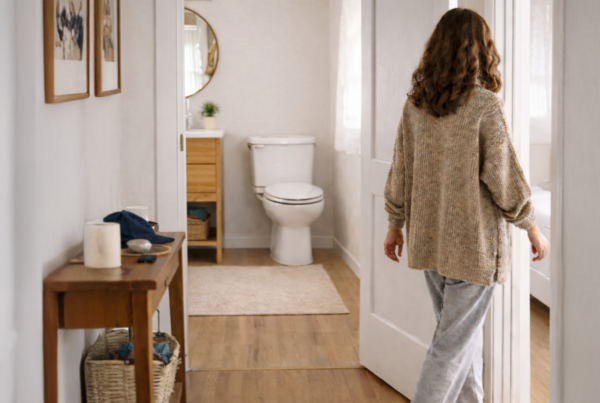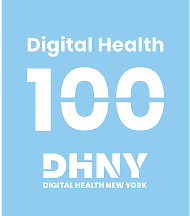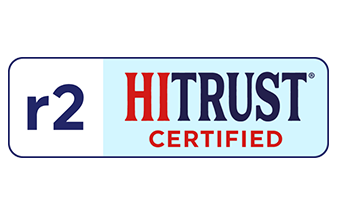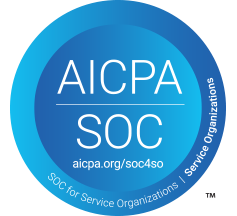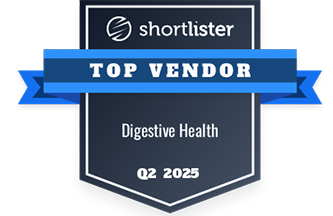
In 2024, the data shows a sharp increase in colorectal cancer among younger Americans and a growing concern within the medical community about the rising incidence among people younger than the traditional screening age.
The American Cancer Society recommends screening now for colon cancer at age 45 across all genders, races, and ethnicities. People younger than 45 who are at increased risk for colorectal cancer should speak to their healthcare provider about screening.
Here are the latest statistics:
According to the American Cancer Society’s Cancer Fact & Figures 2024 report, colorectal cancer is now the leading cause of cancer death in men and the second in women under 50 years old. Among adults aged 45-49, 80% are not getting screened. Together, these findings show that more than a third of U.S. adults are overdue for colorectal cancer screening.
The American Cancer Society (ACS) estimates there will be 152,810 new cases of colorectal cancer in 2024. The prediction reflects the scope of the issue and highlights colorectal cancer as the second leading cause of cancer-related deaths.
Although new colorectal cancer diagnoses have declined among those older than 50 since 1985, the trends are reversed for younger people. A Yale Medicine article noted that 20% of diagnoses in 2019 were in patients under 55, approximately double the rate in 1995.
Together, these findings show the critical shift in the age demographic of colorectal cancer cases. There’s an urgent need for increased awareness, early detection, and research to understand the factors contributing to the rise in colorectal cancer cases among younger populations.
Appropriate screening is vital in evaluating colorectal cancer. Dr. Hau Liu, Chief Medical Officer at Cylinder, says screening options can detect colorectal cancer earlier when it’s more treatable. Screening is recommended for people aged 45 and over and for people younger than 45 with specific risk factors for colorectal cancer.
Cylinder helps close the gap for the more than 80% of people aged 45-49 who are not getting checked as recommended and for all ages, where more than a third of adults 50–75 do not get recommended screenings. Cylinder provides complete care for people who feel the burden and stress from digestive health issues – and members can access educational content and reminders to get CRC screenings based on their risk factors.
Cylinder also makes it easy for members to get screened. “If clinically appropriate, the member can receive a non-invasive CRC screening test at home to make the testing process as easy as possible,” says Dr. Liu.
This can help save lives and address rising healthcare costs, as studies show that treatment of early-stage colorectal cancer can save upwards of $44,000 compared to later-stage cancer.
By understanding the relationship between gastrointestinal conditions and colorectal cancer risk, Cylinder contributes to a more informed approach toward early screening and prevention – to reduce the overall disease burden.
